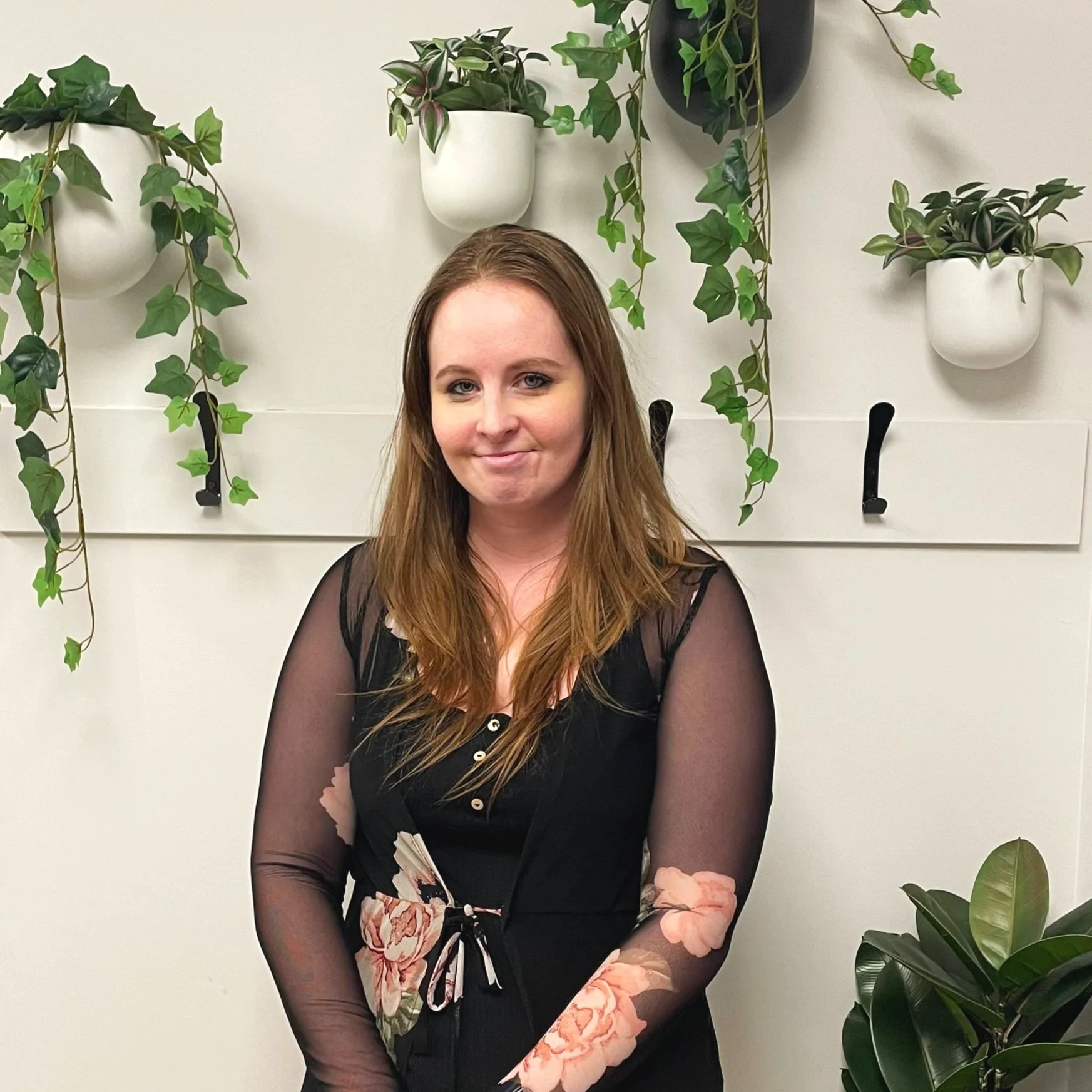Juliana Walker
Registered Psychologist
BA (Hons.) Psychology – Cape Breton University, Master’s in Special Education - University of Victoria, Master’s in School & Applied Child Psychology – University of Calgary
Virtual and In-Person Sessions Available
Juliana is a registered psychologist with years of experience in assessing, diagnosing and providing recommendations for a variety of conditions including ADHD, learning disabilities (reading, writing, math) anxiety, depression and more. She also conducts gifted assessments that are imperative to creating a learning plan that is challenging, while nurturing a child’s strengths and supporting their difficulties.
Juliana’s Main Specializations
Assessments for Children, Teenagers, and Adults
Juliana has years of experience conducting a variety of assessments for children, teenagers, young adults and adults, including ADHD assessments, psycho-educational assessments, and gifted assessments.
Types of Assessments That Juliana Provides
-

ADHD Assessments
Juliana provides comprehensive ADHD assessments for children, teenagers and adults. An ADHD Assessment typically involves gathering information on the patient from multiple sources including a detailed interview with the individual, a parent, a teacher, significant other or friend. Questionnaires will also be given to the patient and those close to the them in order to gather information about attention concerns in various environments.
-

Gifted Assessments
Determining the level of someone’s cognitive profile can help put appropriate supports in place to create a learning environment that is encouraging, challenging and maximizing their strengths. While testing will help to identify if someone meets criteria for being gifted, Juliana believes in offering recommendations for support regardless of the outcome.
-

Psychoeducational Assessments
A psychoeducational assessment involves a standardized assessment of a child’s cognitive, academic, developmental, social, emotional and behavioural functioning. Juliana uses interviews, observation, academic achievements, and historical records to determine how the child learns and if there are barriers to that learning (learning disability, attention, anxiety, depression) to offer recommendations. Recommendations are offered for various environments including home, school, and work (if applicable).
Evidence Based Practice and Recommendations for Children, Teenagers, and Adults
Juliana has years of experience in working with children, teenagers, young adults and adults who are living with attention deficit hyperactivity disorder (ADHD), learning disabilities, anxiety disorders, and depression. She also has significant experience helping young adults transition from high school to post secondary school.
-

Attention Deficit Hyperactivity Disorder
While completing her Master’s degree in School & Applied Child Psychology, Juliana was a part of the Strengths in ADHD lab at the University of Calgary which reinforced her approach of examining ADHD from a strengths perspective in determining what individuals with ADHD can accomplish. She recognizes and elevates the individual’s strengths while providing effective strategies to manage some of the barriers such as focus, organization, and time management.
-

Learning Disabilities
Juliana has several years of experience in diagnosing and offering recommendations for children, teenagers and adults who have learning disorders. A learning disorder/disability goes beyond reversal of letters and numbers into the understanding, use and fluency of reading, writing and math. When applicable, she uses both the DSM definition of a Specific Learning Disorder and the Learning Disabilities Association of Canada’s (LDAC) definition of a Learning Disability in her practice, while exploring and explaining the difference between the two.
-

Anxiety Disorders
Juliana assesses, diagnoses, and offers recommendations for children, teenagers and adults who are living with generalized anxiety, social anxiety, separation anxiety, or performance anxiety. Anxiety disorders can be challenging because, in the moment, it is difficult for a person to know how to stop the cycle. Juliana’s approach is to determine when the anxiety is at a diagnostic level of concern by examining the impacts in the day-to-day functioning.
-

Depression Disorders
Juliana has years of experience working with and diagnosing depressive disorders. While getting a diagnosis of depression may seem scary it can also be an important aspect of receiving appropriate support. She works to determine the specific barriers in one’s life that the depression is impacting and recommend supports specifically for that individual. For these supports to be effective it is imperative that we first understand the impacts of the depression on their daily life.
-

Transition to Post-Secondary
Juliana has experience working in post-secondary accessibility services, as such she can provide recommendations to support young adults to prepare and know what to expect when going into post-secondary. She understands how accommodations work in college/university and helps young adults understand their own strengths/weaknesses in order to advocate for themselves. Juliana enjoys helping students understand what resources are available to them.
More About Juliana
Juliana is from Cape Breton, Nova Scotia, her accent comes out every now and then! She loves going to the beach, camping, and spending time with friends and family. She has two cats who are spoiled by Juliana and her husband. She also holds the title of favourite aunt to her nieces and nephews. She enjoys watching HGTV and the Food Network, in hopes that their skills will transfer over to her (they have not so far). She loves to work with children, teens, young adults, and adults to determine their strengths and weakness in order to advocate for their needs.



